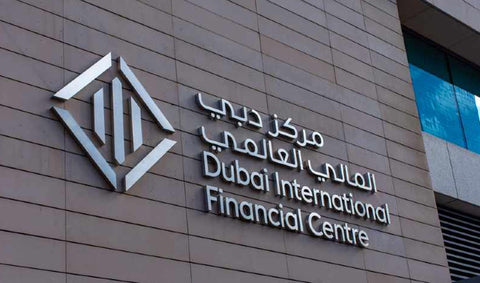In the realm of succession planning, individuals often establish family foundations. Like trusts, foundations allow the transfer of certain movable or immovable assets to defined beneficiaries. One key difference is the legal personality of the foundation.
The introduction of corporate tax in the UAE raises questions about whether foundations fall within its scope. Effective tax planning, based on a deep understanding of Federal Decree-Law No. 47 of 2022, is crucial to optimize the tax positions of these entities, avoid penalties, and ensure their long-term sustainability.
-
Tax transparency of family foundations
Article 1 of the UAE corporate tax law defines a family foundation as an entity established for the benefit of identifiable natural persons or non-profit entities. These entities are primarily created to manage assets or funds related to savings or investments.
Article 17 of the law allows family foundations to be treated as unincorporated partnerships, thereby exempting them from corporate tax. This means that taxation is shifted to the level of the foundation's beneficiaries, making the foundation tax-transparent.

-
Conditions for tax transparency
To benefit from this tax transparency, several conditions must be met. An application must be submitted to the UAE Federal Tax Authority, and the foundation must not engage in commercial activities. The constitutional documents of the foundation must also exclude commercial objectives.
Real estate income and personal investment income directly earned by a natural person are not subject to corporate tax, in accordance with Article 11,6 of the UAE corporate tax law (Cabinet Decision No. 49 of 2023).
-
Payments to beneficiaries
Payments made to beneficiaries of tax-transparent family foundations follow general rules. Since the income earned is outside the scope of corporate tax, no tax would apply. However, if the beneficiaries are not UAE tax residents, the tax regime of their country of residence will apply.

-
VAT obligations and economic substance regulations
Family foundations may be subject to VAT if they hold rented commercial real estate exceeding the threshold of AED 375,000. According to the Economic Substance Regulations (ESR), foundations holding shares and generating passive income may be subject to substance requirements.

-
International tax complications
Family foundations holding assets abroad may face tax complications, particularly with real estate located outside the UAE, which is often taxed in the country where the property is located. Withholding taxes can represent a cost for the foundation, and tax treaties do not always guarantee benefits to tax-transparent entities.
In conclusion, family foundations in the UAE must adopt a strategic approach to align their financial structures and operational practices with the UAE corporate tax framework while achieving their asset protection and succession planning goals. Optimizing tax compliance is essential to avoid penalties and ensure the sustainability of these entities.
For more information, contact us at contact@picmiddleeast.com


